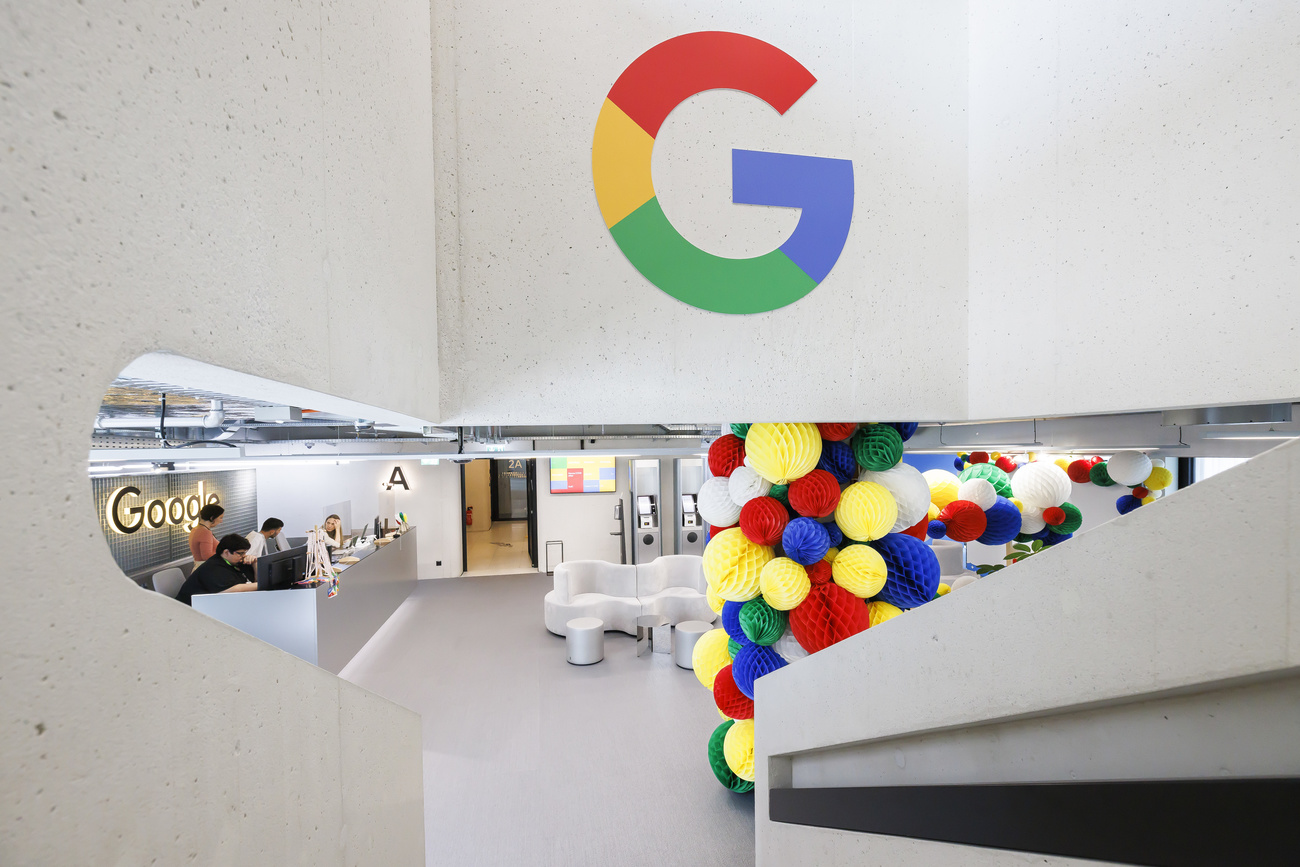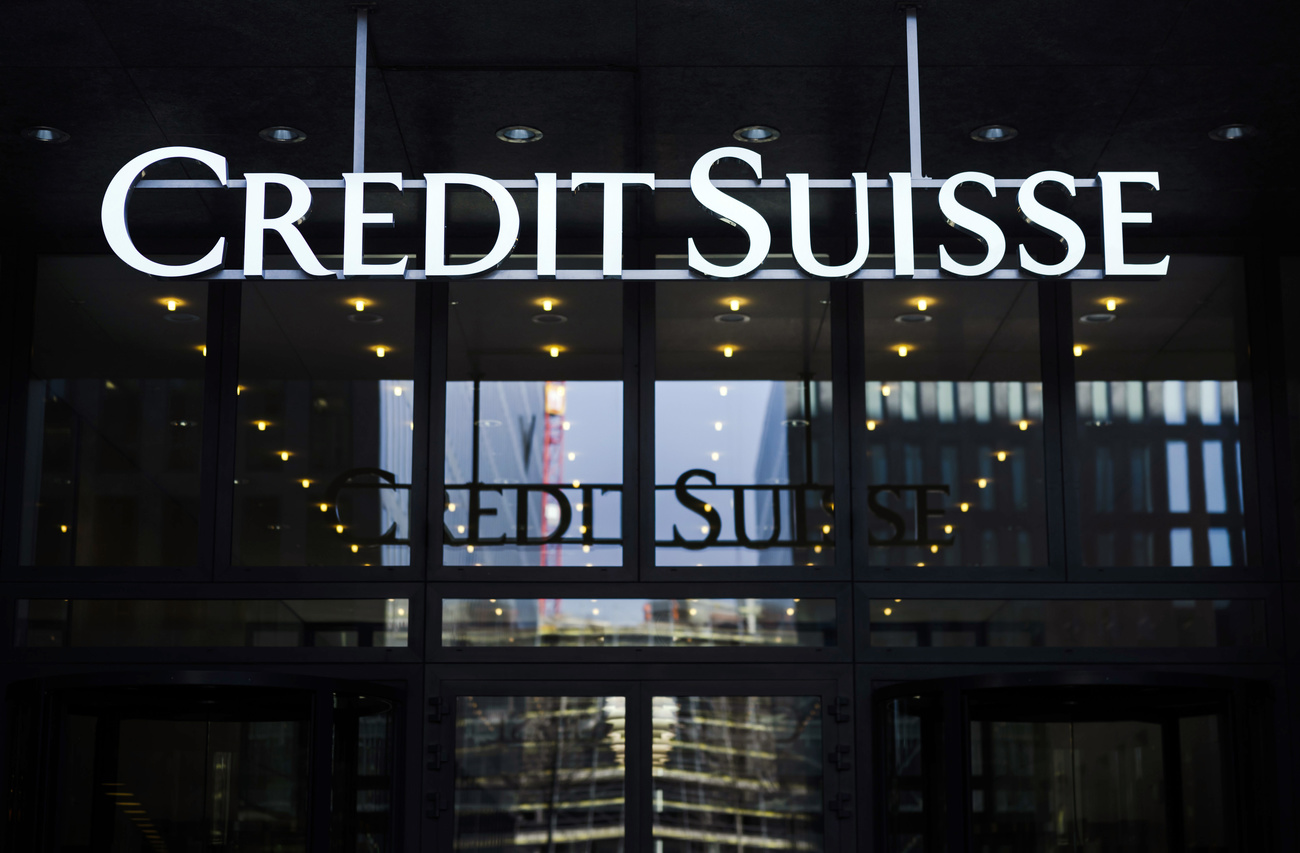

Switzerland Today
Greetings from Lausanne!
Geneva, a favourite hub for foreign spies. It’s not exactly big news that Switzerland’s most international city, the home of the UN, numerous international organisations and diplomatic missions, is THE place for espionage activity. We learned much about this from former US spy Edward Snowden.
But the war in Ukraine has put the focus back on the western Swiss city. Today’s Federal Intelligence Service annual report gives some juicy insights into rising undercover activity in Geneva, the “ideal operating environment”, which hosts a particularly high number of Russian agents.

In the news: PET-like recyclable plastic, Horizon Europe, Google expansion and SWISS cancellations.
- Scientists in Switzerland and Austria have created a new PET-like recyclable plastic that can be easily made from the non-edible parts of plants.
- Switzerland’s exclusion from the Horizon Europe research scheme is having a sizeable impact on the overall level of funding of Swiss science projects, new statistics show.
- Additional cancellations of SWISS flights are “unavoidable” because of staff shortages, a company spokesperson has confirmed.
- Philipp Hildebrand, the new president of Kunsthaus Zurich, says he wants to shed full light on questions surrounding the origins of works of art that belong to the controversial Bührlecollection at the fine arts museum that opened last October.
- The former pastor from Küsnacht who defrauded local parishioners of CHF3.3 million to allegedly pay gambling debts has been givenExternal link a six-month prison sentence, with three years suspended.
- Google continues to expand its operations in Switzerland. Today it inauguratedExternal link its Europaallee campus in Zurich, taking the number of staff to around 5,000.

Russian spies pose increasing threat to International Geneva.
Dozens of Russian spies are known by the Swiss authorities to be operating in Geneva, which is home to many international organisations such as the United Nations and the World Health Organization (WHO).
The Swiss Federal Intelligence Service (FIS) said in its annual reportExternal link published today that the Swiss city had become a major European hub of undercover government activity, with “espionage levels high and continuously rising”.
“Geneva, as an international centre, remains an espionage hotspot,” the report said. “We know that several dozen officers are active in Russia’s diplomatic and consular missions.”
“Recently, various European states have expelled Russian intelligence officers, which might lead the Russian services to deploy their forces in states, like Switzerland, which have not carried out any expulsions.”
FIS urged the Swiss authorities to be vigilant, saying that “instruments available for preventing the entry of such intelligence service officers must be utilised to the full.”
In 2018, Swiss media reported that a confidential intelligence report compiled for the Swiss government suggested that one in four Russian diplomats based in Switzerland was a spy. Russia roundly dismissed the claims.
The FIS said “many” of the agents based in Geneva are covert source handlers — individuals trained to recruit, exploit and manipulate targets working in organisations of interest in order to glean sensitive information from them.

Credit Suisse found guilty in Bulgarian cocaine cash money-laundering case.
Credit Suisse, the country’s second-largest bank, and a former employee, have been found guilty of failing to prevent money laundering in the country’s first criminal trial of one of its major banks.
Credit Suisse faces a fine of CHF2 million ($2.1 million). The court handed the former employee a suspended 20-month prison sentence and a fine for money laundering.
The judges ruled on whether Credit Suisse and the former employee did enough to prevent an alleged Bulgarian cocaine trafficking gang from laundering profits through the bank from 2004 to 2008. Prosecutors alleged the former relationship manager helped to conceal the criminal origins of money for clients through more than CHF146 million in transactions, including CHF43 million in cash, some of it stuffed into suitcases.
The former manager said the bank learned of murders and cocaine smuggling allegedly connected to a Bulgarian gang but continued to manage cash that is now the focus of the trial. Both Credit Suisse and the former employee denied wrongdoing.
It marks another headache for Switzerland’s second-biggest bank, which has been reeling from billions in losses racked up via risk-management and compliance issues.
Corruption and money laundering experts had said the fact that Switzerland had taken legal action against Credit Suisse could send a powerful message. “This has the potential to be a watershed moment for Switzerland,” said Mark Pieth, a money laundering expert at the University of Basel.

In compliance with the JTI standards
More: SWI swissinfo.ch certified by the Journalism Trust Initiative




























